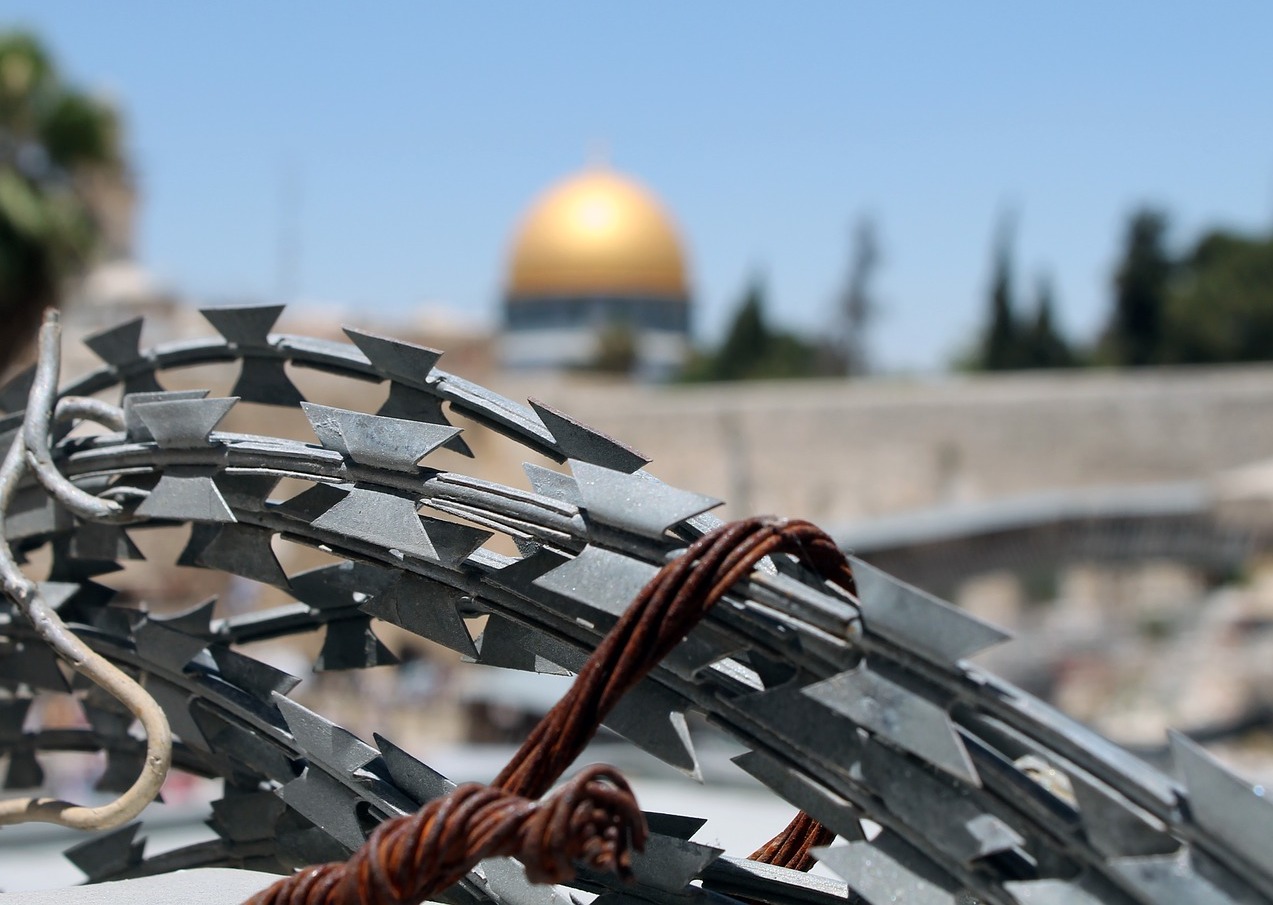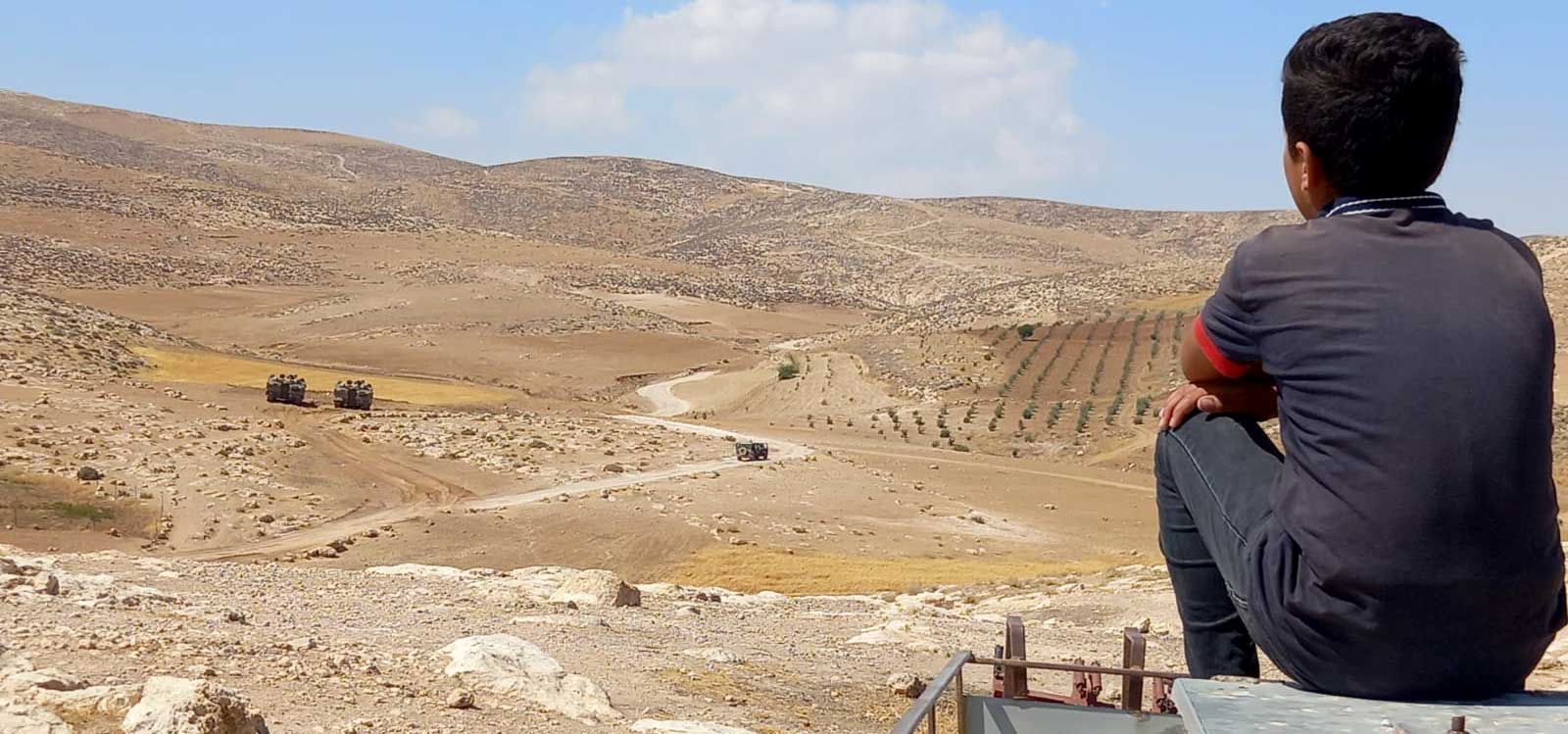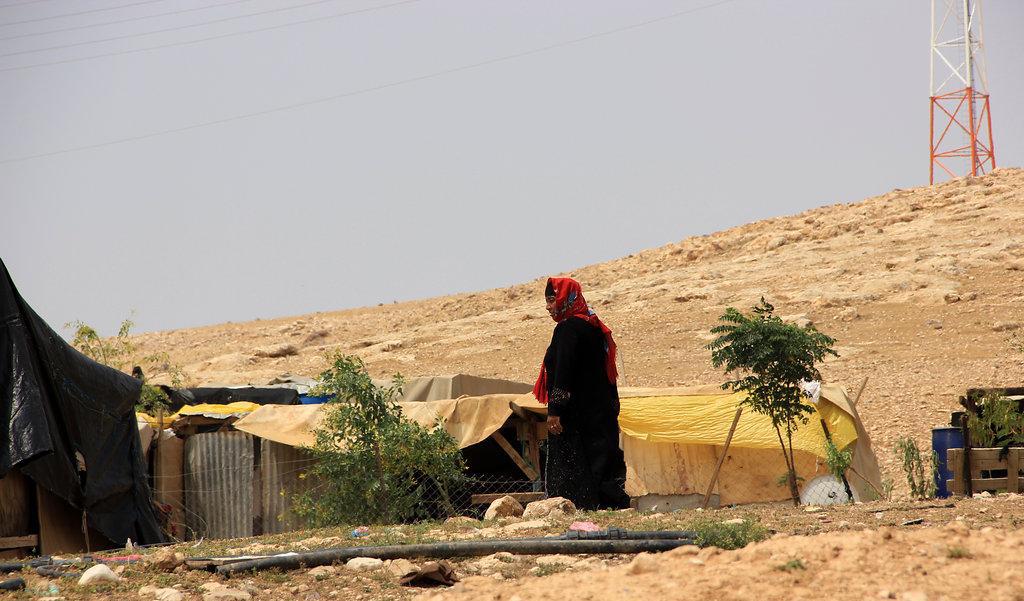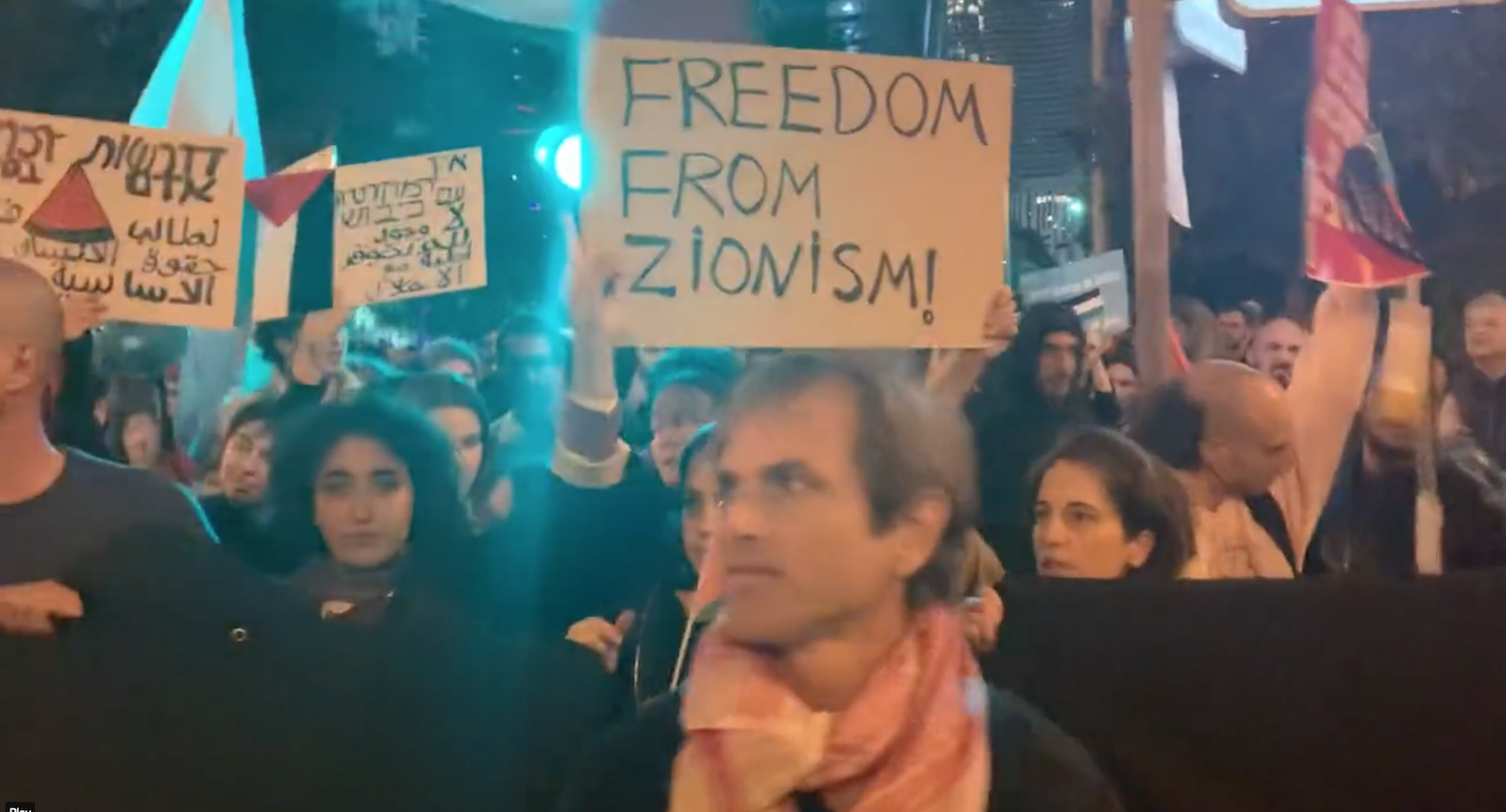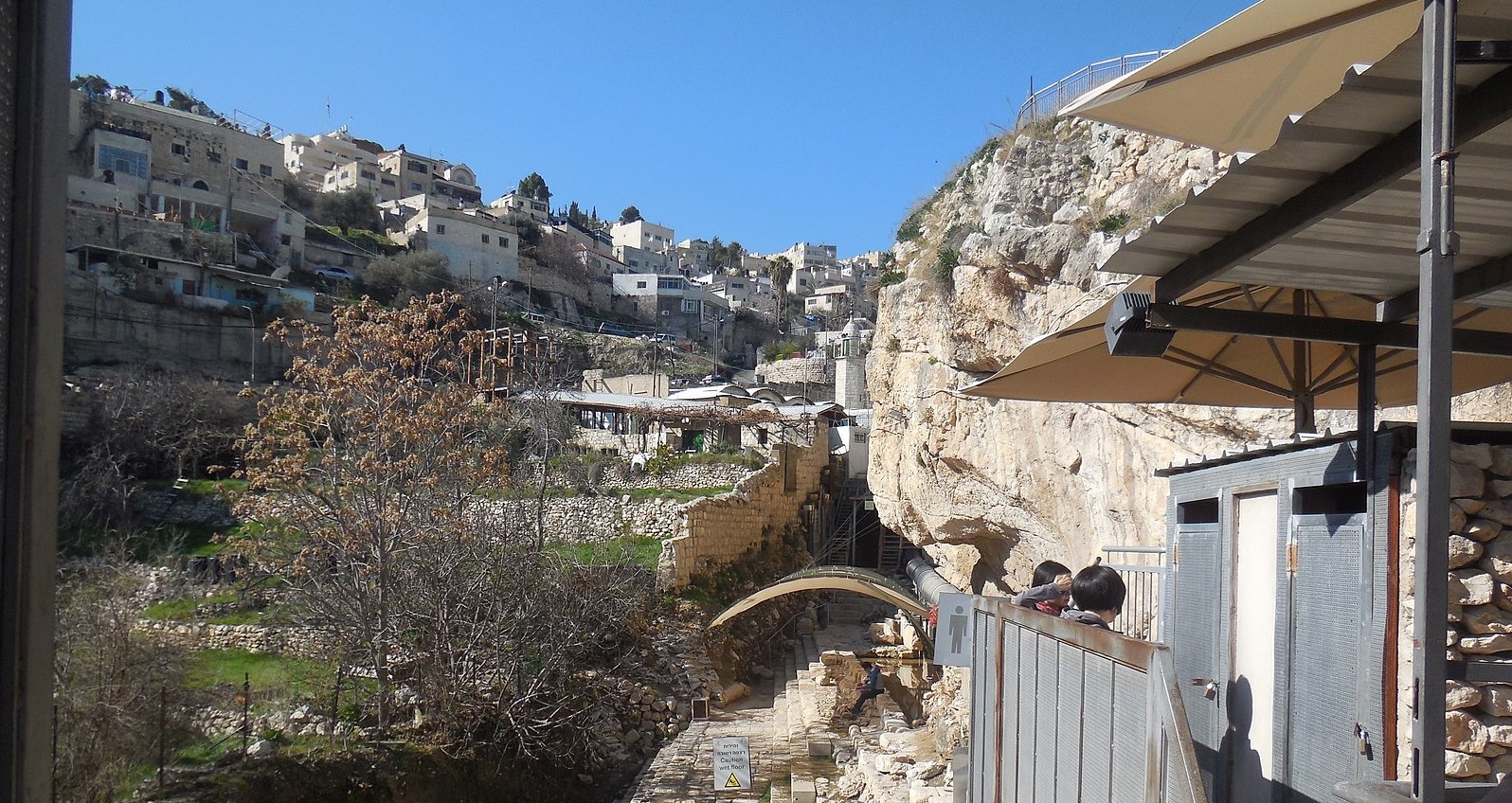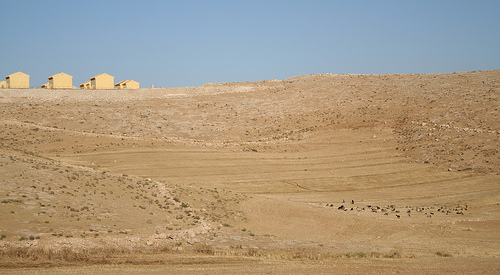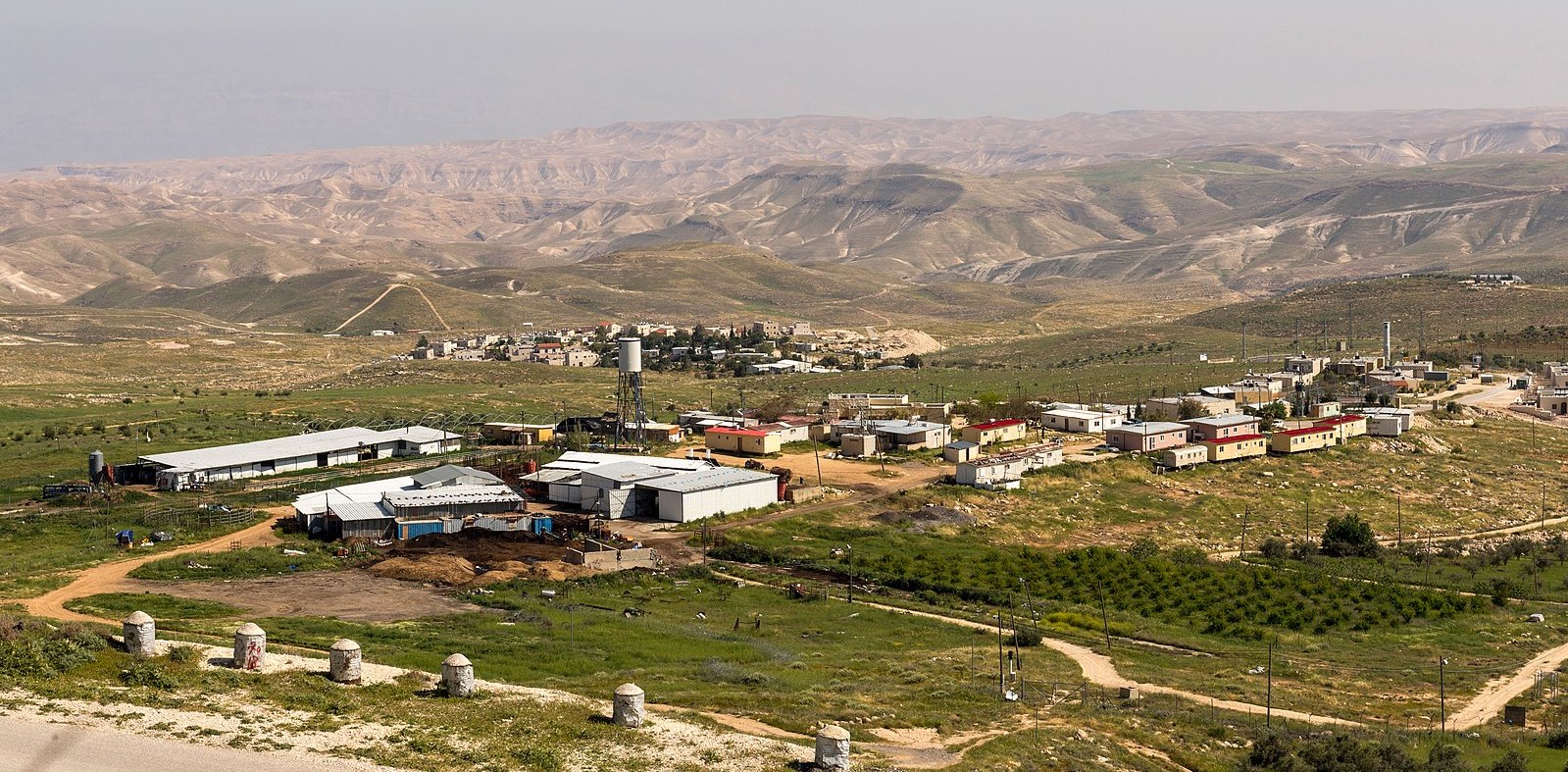
Defiant Israel to expand West Bank settlements
Israel’s right-wing nationalist government announced new plans to approve the construction of thousands of new buildings in the occupied West Bank, despite pressure from both the USand EU to halt settlement expansion. Far-right Finance Minister Bezalel Smotrich, who has just been granted authority over approval of West Bank settlement construction in a cabinet decision, tweeted in explicitly annexationist language: “The construction boom in Judea and Samaria and all over our country continues.” The Palestinian Foreign Ministry called for US and international action to press the Israeli government to backtrack on the decision. (Photo of settlement outside Za’atara: Ralf Roletschek via Wikimedia Commons)





